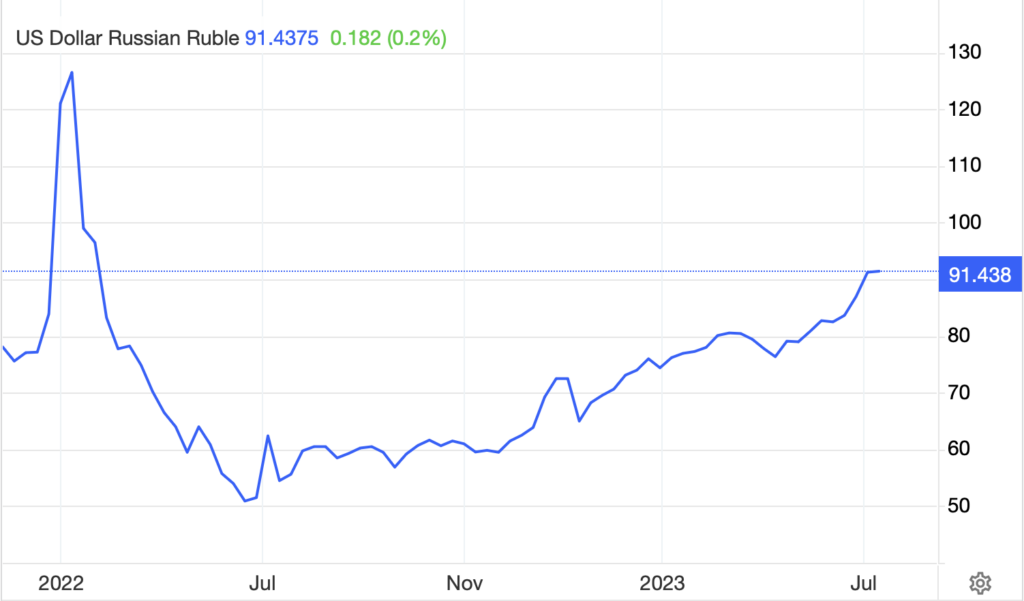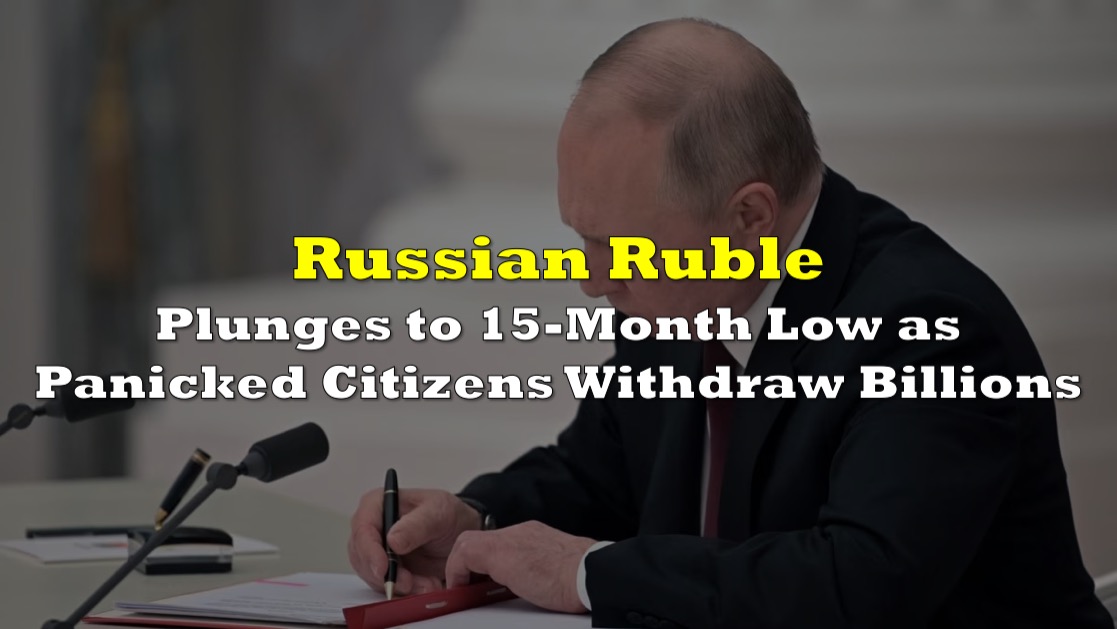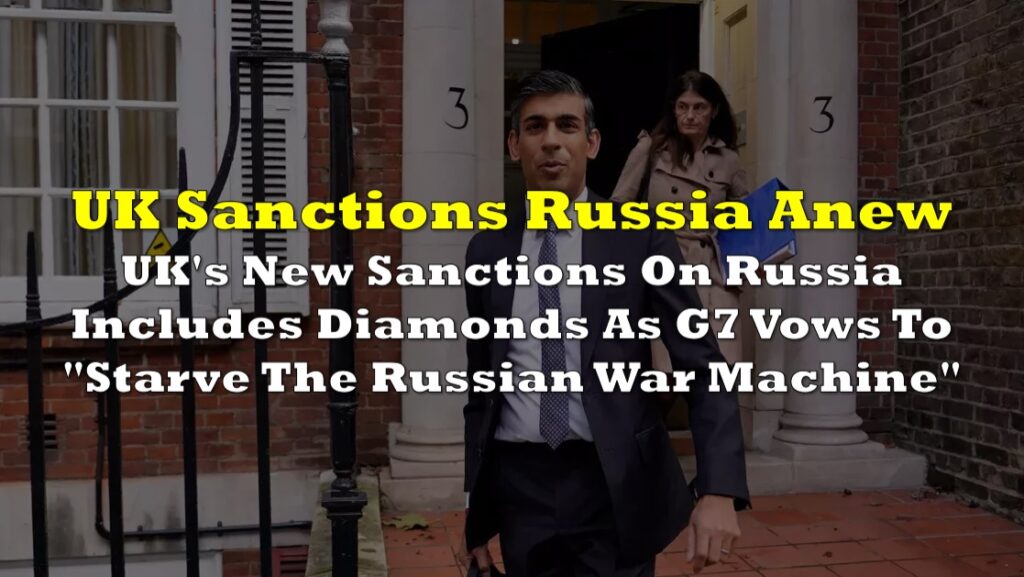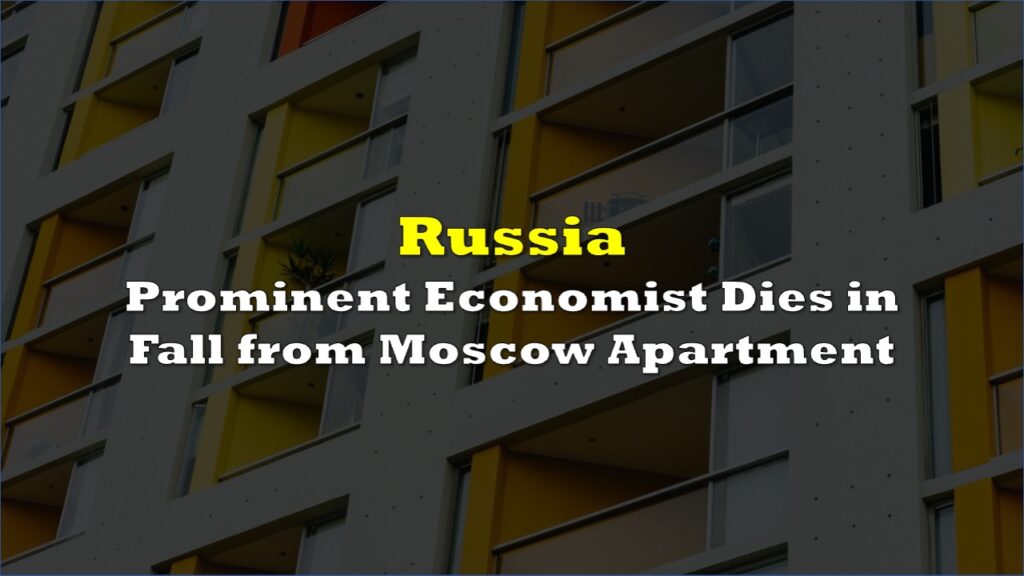The recent failed Wagner coup in Russia has left the country reeling, with President Vladimir Putin struggling to stabilize the nation. Consequently, the Russian Ruble has plummeted to its lowest level against the US dollar since the aftermath of Russia’s invasion of Ukraine in March 2022.
In July, the Russian ruble experienced a significant depreciation, falling below 90 per USD, which represents its lowest value in 15 months. This decline comes as a result of political uncertainties and a persistent decrease in demand for Russian exports, particularly following Russia’s invasion of Ukraine.

Recent data from the Ministry of Finance reveals a sharp 47% decrease in oil and gas revenues for the Russian state, totaling RUB 3.38 trillion in the first half of the year. The decline can be attributed to Western energy embargoes and a slowdown in the Chinese economy, which led to a reduced demand for Russian energy.
To prevent further depreciation of the ruble, the Ministry of Finance sold RUB 39.4 billion worth of foreign currency, surpassing initial government expectations. The combination of imbalanced government accounts and potential inflation risks has heightened expectations that the Central Bank of Russia will initiate a tightening cycle in its upcoming meeting.
Following the Wagner mutiny led by Yevgeny Prigozhin, Russian citizens withdrew approximately 100 billion Rubles from local banks. This significant cash outflow can be attributed to the political crisis, causing citizens to convert their funds to foreign currencies and transfer them to international banks.
While the Kremlin blames the currency crisis on speculation, experts disagree. Alexandra Prokopenko from the Carnegie Russia Eurasia Centre highlights the drying up of money inflows and increasing capital outflows as direct consequences of the sanctions imposed on Russia.
“The flow of money into Russia is drying up, and the outflow of capital is increasing,” Prokopenko said. “All this is a direct consequence of the sanctions.”
Former CIA director David Petraeus asserts that Putin faces a dual challenge of military and economic failures. He points to Moscow’s mounting budget deficits, the departure of major Western companies, declining oil producers, and severed European trade as contributing factors. Petraeus urges the West to continue tightening the screws on the Kremlin.
Western sanctions have proved highly effective in weakening Russia’s economic power, leading to a brain drain and an exodus of the nation’s best and brightest minds. Yale professor Jeffrey Sonnenfeld commends the impact of the sanctions, emphasizing Russia’s loss of economic superpower status and the country’s current state of economic decline.
“Russia is no longer an economic superpower. This is an economy that is hemorrhaging,” he said.
Despite the grim economic situation, Putin maintains a cautiously optimistic outlook, stating that the Russian economy is “better than previously expected, better than predicted.”
The Russian Ruble’s sharp decline, coupled with declining oil and gas revenues, the outflow of capital, and the impact of Western sanctions, has left Russia’s economy in a dire state. Putin’s attempts to downplay the situation stand in stark contrast to the assessments of experts who emphasize the severity of the economic challenges facing the nation.
Information for this story was found via Express and the sources mentioned. The author has no securities or affiliations related to the organizations discussed. Not a recommendation to buy or sell. Always do additional research and consult a professional before purchasing a security. The author holds no licenses.









